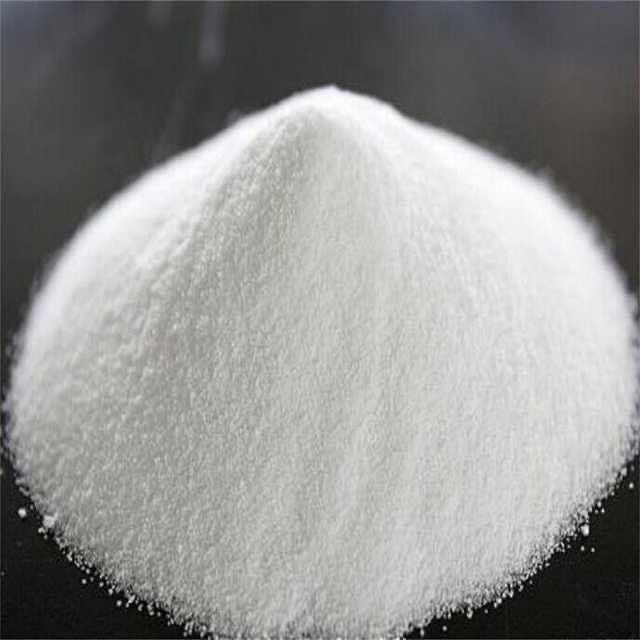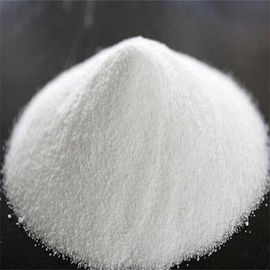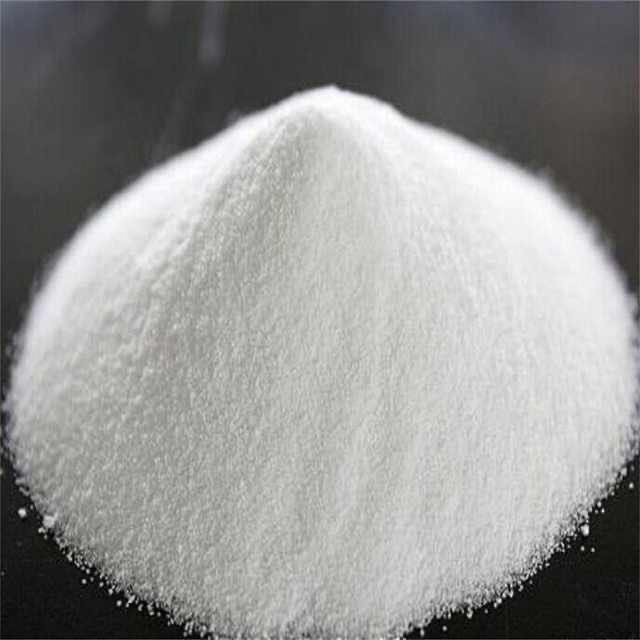Product Description
CAS 63231-66-3 CPE 135A IMPACT MODIFIER FOR PVC Profile With High Tensile Strength
Description:
Chlorinated Polyethylene (CPE) is a new type of themo-plastic elastomer based on chlorination reaction. CPE is of white color, nontoxic and odorless. Its special structure makes it possess various superior physical and chemical performances. Now CPE has been widely used in plastics and rubber applications, and is well acknowledged by the customers for its superior comprehensive performances and ideal cost-effectiveness.
Characteristic:
Chlorinated polyethylene (CPE) is a saturated polymer material with a white powder appearance. It is non-toxic and tasteless. It has excellent weather resistance, ozone resistance, chemical resistance and aging resistance. It has good oil resistance, flame retardancy and coloring. performance. Good toughness (flexibility at -30 °C), good compatibility with other polymer materials, high decomposition temperature, decomposition to produce HCL, HCL can catalyze the dechlorination of CPE.
Chlorinated polyethylene is a polymer material obtained by high-density polyethylene (HDPE) by chlorination substitution reaction. Depending on the structure and use, chlorinated polyethylene can be divided into resin chlorinated polyethylene (CPE) and elastomeric chlorinated polyethylene (CM). The thermoplastic resin may be used alone or in combination with a resin such as polyvinyl chloride (PVC), polyethylene (PE), polypropylene (PP), polystyrene (PS), ABS or even polyurethane (PU). In the rubber industry, CPE can be used as a high performance, high quality specialty rubber, or with ethylene propylene rubber (EPR), butyl rubber (IIR), nitrile rubber (NBR), chlorosulfonated polyethylene (CSM), etc. Other rubber blends are used.
Application:
PVC Modification
used in various rigid plastic products such as plastic profiles, pipes, fittings and sheets, and it is used in production of external wall sidings and anti-corrosive and moisture-proof thin wall boards.
Flame Retardant ABS
Modifying PE and other Plastics
The structure of CPE has similar molecule chains with PE and other plastics, therefore it has good adaptibility with them. After addition of CPE, the hardness of the plastic product can be decreased effectively and weatherability, ozone resistance and flame retardancy can be increased.
Technical specifications:
| Item |
Unit |
Index |
| Chlorine content |
% |
34±1 |
| Heat of Fusion |
J/g |
≤ 2.0 |
| Tensile Strength |
Mpa |
≥6.0 |
| Residueon sieve(0.9mm) |
% |
≤2.0 |
| Shore Hardness (A) |
% |
≤64 |
| Elongation |
% |
≥600 |
| Density(25℃) |
g/ml |
1.21 |
| Mooney viscosity |
ML(1+4) 125℃ |
≤96 |
| The number of colored particles |
100g |
≤60 |
| Volatile |
% |
0.76 |
Packaging:
Package and Storage In two-layer bag with the interior in plastic and the exterior in woven. The weight of each bag is 25kg.The product shall be sealed and stored in the dry and ventilated place to prevent from rain, high temperature and strong sunlight.

 Your message must be between 20-3,000 characters!
Your message must be between 20-3,000 characters! Please check your E-mail!
Please check your E-mail!  Your message must be between 20-3,000 characters!
Your message must be between 20-3,000 characters! Please check your E-mail!
Please check your E-mail! 


